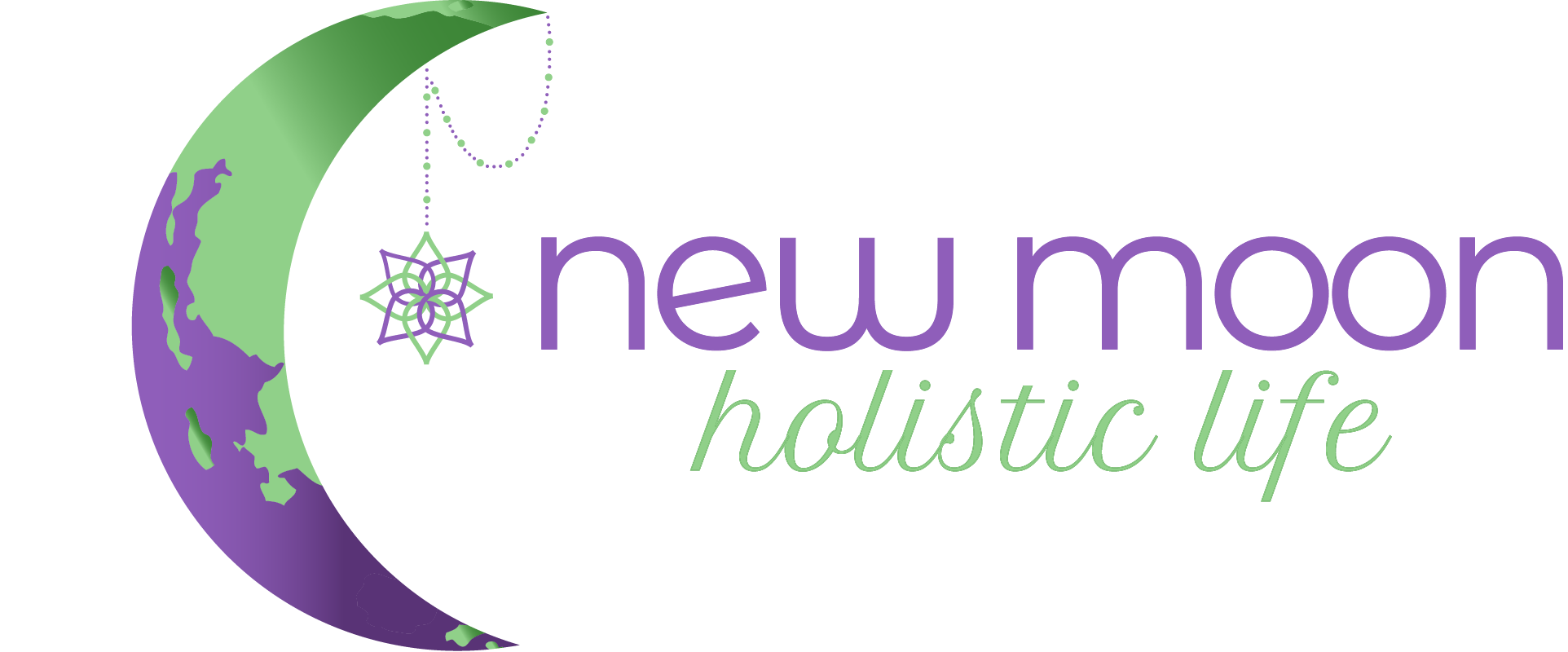
Managing expectations for yourself and your life is an important part of your personal development journey. When you don’t manage your expectations, you will often find yourself feeling very disappointed, upset, or angry when things don’t go the way you had expected them to. There is also a connection between expectations and the desire to be in control of every aspect of your life – and possibly even wanting to be in control of others. Understanding this connection between expectations and the desire for control will help us to stop having negative reactions when things don’t go as planned.
An expectation is a strong belief that something will happen in the future. Assumptions are closely related, and an assumption is something that is accepted as true or as certain to happen, without proof. And then, there’s hope. We can all have hope that things will happen a certain way, but hope also leaves room for acceptance when things do change.
How to Begin Managing Expectations
One of the biggest areas that people struggle with in managing expectations is the lack of communication with others. Uncommunicated expectations will leave you feeling disappointed almost every time, and this is unfair to whomever is being held to certain expectations and was not even necessarily aware of it. Having clear communication with others and coming to an agreement allows everyone involved to know what they need to do.
Next, we have assumptions. You know what they say about people who assume? (It makes an ass out of u + me). Making an assumption is based solely on your own perceptions and views of the world, not the other party that may be involved. While you may assume someone is going to do something, say something, or act a certain way, they have no idea that you’ve made this assumption about them and that you’re about to be disappointed. Communication here is key again – if you want something to go a certain way, this needs to be communicated and agreed upon.
But what happens when you have an expectation or you have made an assumption about something that can’t be communicated with another person? For example, you may have an expectation or an assumption that the weather will be nice for your party this weekend, or that the store will have your favorite ice cream in stock, or that you’ll get all your household chores done in a certain timeframe. When expectations or assumptions like these don’t pan out, we still end up disappointed or upset. One of my favorite life coaches, Christine Hassler, calls it an “Expectation Hangover” – the negative thoughts and feelings that happen after an expectation is not met.
This is where hope and acceptance come in. It is okay for you to hope that these things will happen, but hope also includes the understanding that it may not happen this way – and that is okay.
Should Statements
Another form of an expectation is something called a “should” statement. A should statement is when you use the word “should” when you make statements to yourself about what you “should” do, what you “ought” to do, or what you “must” do. When we don’t meet the expectations that these “should statements” set up for us, we feel guilty, we feel shame, and we feel like we aren’t living up to our potential. There’s no list of goals that every person SHOULD accomplish.
There are two types of should statements. Internal should statements are things that you think “should” be the case for yourself – whether that’s hitting a specific goal, doing a certain task, etc. External should statements are things that you believe “should” be the case in your external world – such as how society “should” act, how the workforce “should” treat you, etc.
We have to practice catching ourselves when we use a should statement, and redefine the language or the perception. If you find yourself saying, “I should exercise today” – you may think this is an attempt at a motivational statement, but it is actually setting an expectation that will result in guilt and disappointment if you don’t follow through with it. Redefining the language to something such as, “It would be great to exercise today, and it will make me feel great too” allows you to not feel that guilt if you don’t end up following through. It’s accepting that things change and sometimes we need to pivot and change the original course. Removing a should statement doesn’t mean we have to agree or be happy with things, but it allows us to take back control and be empowered where we can be.
The Desire To Be In Control
We are the creators of our lives and it is natural to want to feel a sense of control over your life and the way things happen. However, the need for control often stems from a lack of trust, and from not living in the present moment. When we don’t trust the present and live in the present, we are almost always living in the past or trying to think too far ahead in our future. While we want to learn from our past and set goals for our future, being present allows us to focus on the here and now and on what we can do in this very moment that will bring us closer to our future goals.
Wanting to be in control often means that we are trying to predict our futures based on our past experiences, rather than letting things just happen and trusting that they are happening the way they are meant to. Our subconscious mind is always referring back to our previous memories, beliefs, habits, and thoughts, and our subconscious mind wants to be right and wants to keep us “safe”. The unknown can be scary to our subconscious mind, which is why we try to control everything. We need to learn how to let go of this need for control, and surrender to trusting that everything will work out as it’s supposed to.
Take back control where you can: your own thoughts, your own feelings, and your own actions. Focusing your energy on what you CAN control will bring you much more peace and clarity in life. Don’t spend your energy on the things that you cannot do anything about. Hope, acceptance and flexibility will carry you through!

